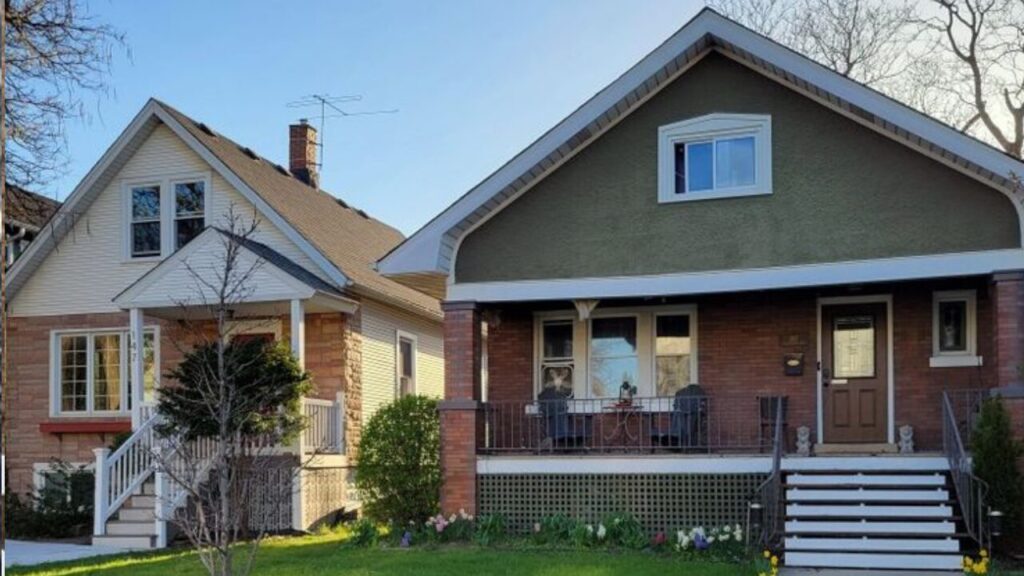If you are planning to pay the mortgage after your retirement you may want to rethink it, In citizens who are 75 and above, and still pay mortgages have risen sharply. Back then an unmortgaged home was the first requirement to retire “There’s been a traditional theme in financial planning that advises people to try to pay off their mortgage before retiring,” said J. Mark Iwry nonresident senior fellow in Economic Studies at the Brookings Institution.
Retirees with no or less mortgage are happier the people with a large amount of mortgage to give, so people tend to postpone their retirement to pay the mortgage off and even after retirement you won’t be able to relax as the people with a mortgage retirement tend to spend less and have a greater financial pressure on them.
A recent study published by the Michigan Retirement and Disability Research Center at the University of Michigan says that an average retiree doesn’t have enough assets to pay their Mortgage so this gives rise to the question of whether are houses even affordable by the common man in America.
But a big question is why the number of retired people with mortgages on their houses is increasing. Answering this question Erika Safran the founder of Safran Wealth Advisors said Retirees don’t generally like to move. If your retirement income is enough to comfortably cover your mortgage, “and you like where you live, then why change?”.
Apart from her reason, the reason may be that the retiring Generation that is Baby boomers have got too comfortable with the idea of taking loans later in their life, some will take a mortgage for 30 years at the age of 65, even if they won’t live long enough to pay it. The retiring class isn’t comfortable with the idea of becoming a renter as the price of the rent is historically high after the pandemic



